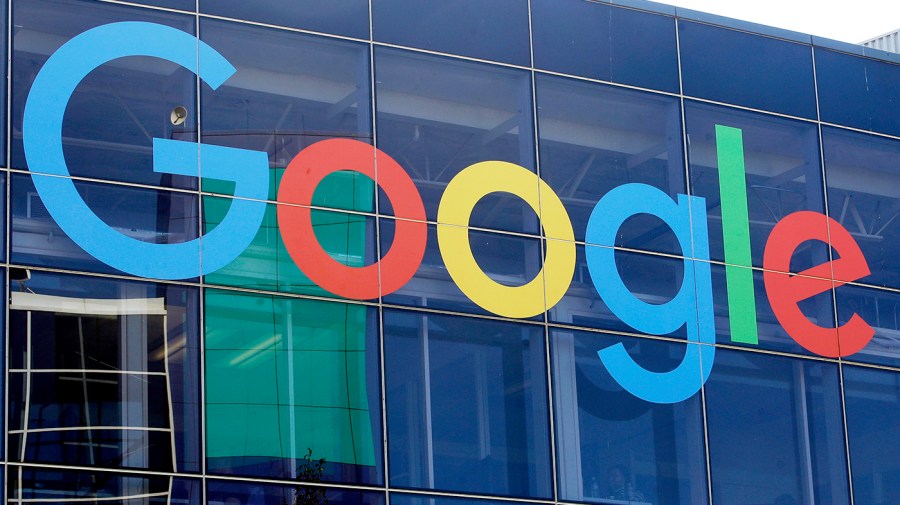
A federal judge ruled Monday that Google must open the Play Store to rival third-party Android app stores.
U.S. District Judge James Donato ordered the tech giant to allow for the distribution of third-party app stores and platforms through its own Android app store for a period of three years.
The ruling marks a significant win for Epic Games, which sued Google four years ago for allegedly shielding the Play Store from competition.
The Fortnite maker already secured a major victory last December when a San Francisco jury found that Google had violated antitrust laws by creating anticompetitive barriers to protect its app store.
“Big news! The Epic Games Store and other app stores are coming to the Google Play Store in 2025 in the USA – without Google’s scare screens and Google’s 30% app tax – thanks to victory in Epic v Google,” Epic founder and CEO Tim Sweeney wrote in a post on X.
The ruling also requires Google to open the Play Store’s catalog of apps to third-party Android app stores and to allow for in-app payment methods other than Google Play Billing.
Google is also barred from tying payment or access to its products or services on agreements with app developers or equipment manufacturers to launch apps exclusively on the Play Store or preinstall the app store on their devices.
The tech giant plans to appeal the decision, Lee-Anne Mulholland, Google’s vice president of regulatory affairs, said in a blog post Monday.
“The Epic verdict missed the obvious: Apple and Android clearly compete,” she said. “We will appeal and ask the courts to pause implementing the remedies to maintain a consistent and safe experience for users and developers as the legal process moves forward.”
Mulholland also pointed to the opposing decision reached in Epic’s case against Apple. In 2021, U.S. District Judge Yvonne Gonzalez Rogers ruled that the Fortnite maker had failed to prove that Apple was an illegal monopolist.
However, she also found that the iPhone maker had engaged in illegal anticompetitive conduct with its App Store practices and ordered it to allow for other forms of in-app purchases.

